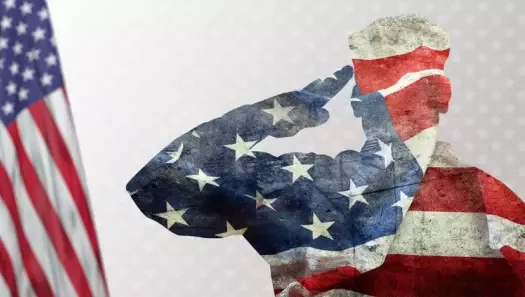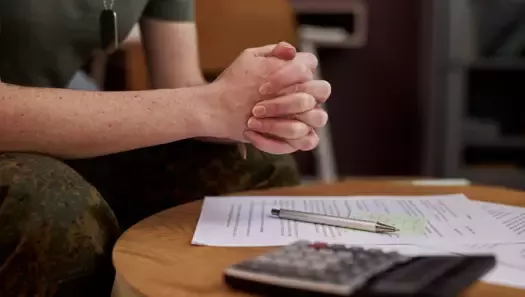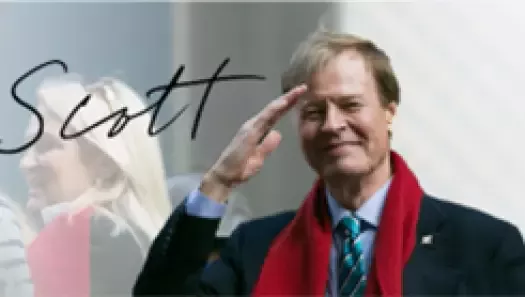WeSalute Awards
HeroVet: Melvin Morris

In September 1969, when Melvin Morris, Sergeant 1st Class, went back into battle to retrieve his team sergeant’s corpse in Vietnam, the furthest thing from his mind was the Medal of Honor. But today, he is one of only 3 black veterans out of 69 living recipients, who hold our country’s highest military honor. 44 years after his courageous act, President Obama called Morris to apologize for taking so long to recognize his service.
“I’m proud I received it and proud to have served,” Morris said over the phone this week. “A lot of minorities were overlooked. There are less than 80 minority Medal of Honor recipients from the beginning, compared to 3500 total. We lost 18,000 minorities in Vietnam. That doesn’t stop us from doing what we're supposed to do. We’re Americans.”
Morris was born on January 7, 1942 in Oklahoma to parents who had very little education. His dad worked as a jack-of-all-trades handyman, but they struggled to make ends meet.
“There were no jobs to be had in my hometown. If you weren’t doing handyman work or working in the fields or picking cotton, you weren’t making any money,” he said. He called himself a bit of a rambunctious child. “I think it was a relief to my parents when I joined the military because they never knew what I was going to do next.”
The National Guard put out a call to recruit minorities in 1959, a time when the country was highly segregated and there were very few African Americans enlisted. Morris and his brother dropped out of school to join along with a few others from his community. After a year, he asked to go active duty and joined the Army and soon the Green Berets. At only 19 years old, 120 pounds and 5’6, he remembers the other guys in the barracks telling him he’d never make it in the Green Berets. But, he said, “I like a challenge. Everything was against me, but I didn’t let it discourage me. I went ahead to face my fears.”
Racial tension was something he was aware of, but not an issue that he let stop him from overcoming his challenges. He remembers an incident when he was on route to Fort Bragg and his bus stopped in Birmingham, Alabama. He tried to enter the bus station to get food, but they told him he’d have to go around to an alleyway in the back to order from a chute. “They said, ‘you can’t come in.’ That was the first wake up call.”
Or a time when he and a white friend tried to get a hotel room in Fayetteville. The manager said his friend could stay, but he couldn’t because “we don’t sell to coloreds.” They slept on the benches at the train station instead and reported for duty the next day.
“I always remember it but it didn’t bother me too much. I just did what I had to,” he explained. “I had a goal to accomplish. I didn’t dwell on being segregated because I was in the military now.”
He put his head to the grindstone and went back to remedial classes on base to catch up on the education he missed out on by leaving school to join the National Guard, eventually earning his GED. Recognizing and addressing his shortfalls, he “burned the midnight oil” studying math, where he was particularly behind. “I didn’t want to fail. I thought, this is not going to be a stumbling block for me. I’ve got to catch up fast.”
Although his uncle served in WWII and inspired him to become a paratrooper, he begged the young Morris not to join the military. Morris felt he was on his own, with no mentor or role model to look towards. “You need somebody to pull on. You need someone to talk to. If you can get a mentor that is really helpful.”
And his message to veterans is to serve as mentors to young people to provide advice and guidance to them. “Let them know that the military is a way out, and not the jailhouse. Let them pursue their options and look at the military as a fun place and not a bad place. You can jump out of planes and scuba dive.”
Compared to the Vietnam era, he says, “Today’s Army is beautiful. I encourage anyone to join especially young people especially if they have a hard time or don’t have a goal.” He hopes young minorities will see it as an option. “We’re all in this together. This is our country.”
Photo Credit: Congressional Medal of Honor Society



